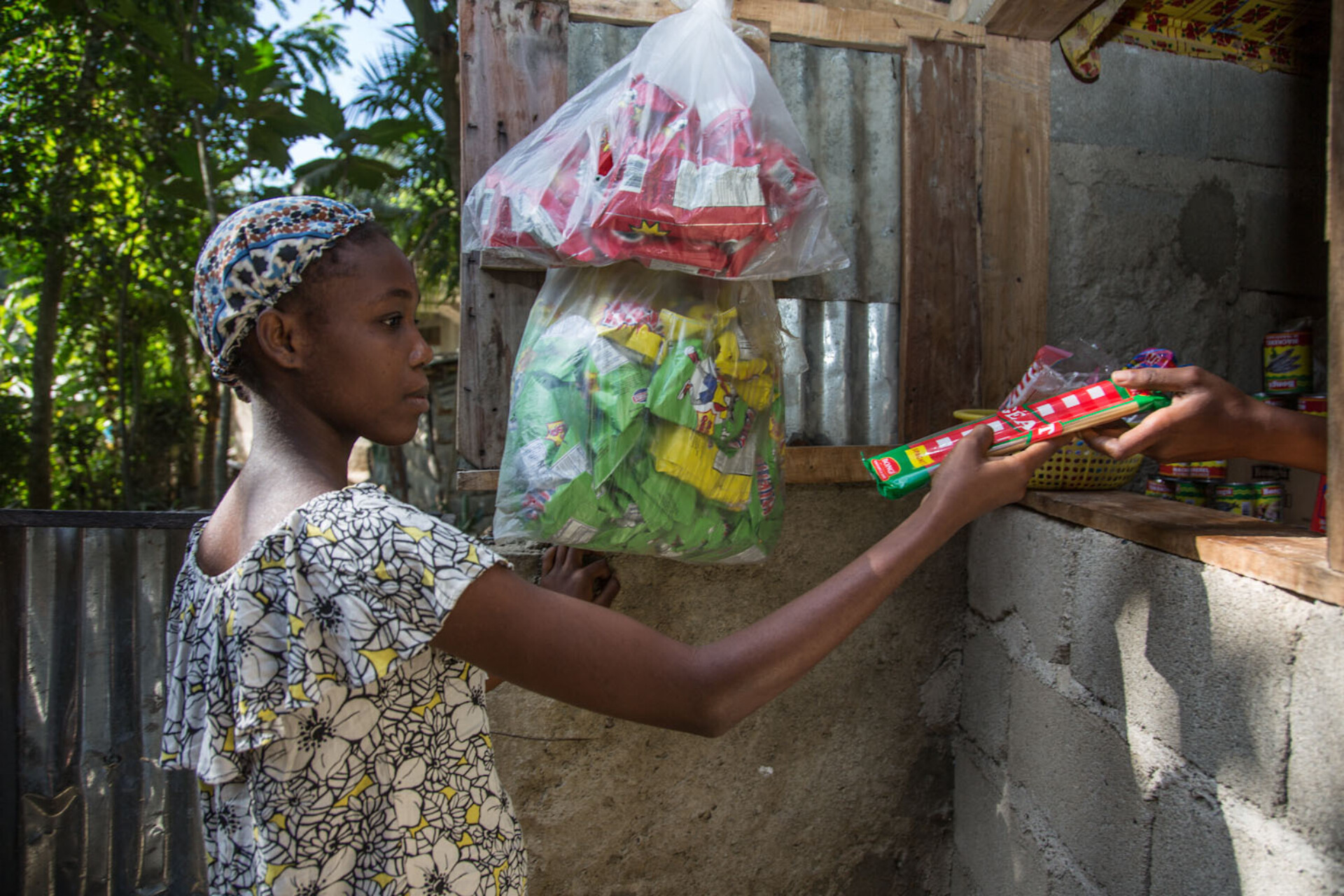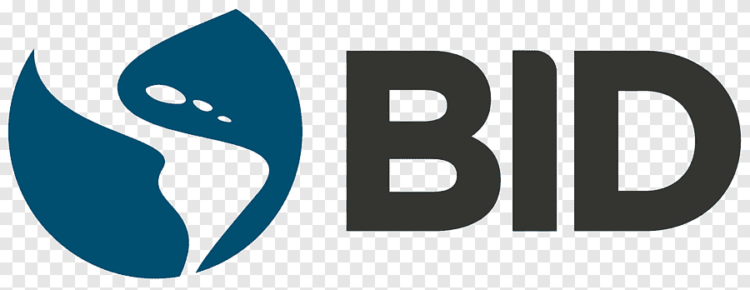
Ongoing project
Social Safety Net – Program for Strengthening Safety Nets for Vulnerable Populations
March 2025 – June 2027
Inter-American Development Bank (IDB)
Through the Economic and Social Assistance Fund (FAES)
23,540 people
who generate income through jobs created under community microprojects
This project aims to meet the essential food needs of three priority groups: children, vulnerable families, and women from households living in areas exposed to drought, land degradation, or other climate shocks.
Through its component “Improving food security through conditional cash transfers,” the project will finance cash transfers tied to community work initiatives, such as water and soil management. These initiatives will help strengthen local resilience while supporting the consumption capacity of vulnerable households.
A prolonged crisis undermining livelihoods
Between insecurity, inflation, and food insecurity, the most vulnerable households struggle to meet their basic needs.
In recent years, Haiti has faced a severe socio-economic crisis marked by negative growth, soaring inflation, sharp depreciation of the gourde, and escalating insecurity due to the proliferation of armed gangs. Since 2021, increasing violence and internal displacement toward safer areas have deepened people’s vulnerability.
In May 2022, a market analysis revealed that the prices of imported food products had risen by more than 50% in one year, significantly reducing household purchasing power and worsening food insecurity.
From March to October 2022, CNSA estimated that 4.9 million Haitians—nearly half of the population— were in urgent need of food assistance. This situation continues to deteriorate, with acute food insecurity rising from 35% in 2019 to 50% in 2024.
As a result, many vulnerable households are adopting negative coping strategies that undermine their livelihoods. In this context, strengthening social protection systems and investing in resilience are essential to halt this downward spiral and provide sustainable support to communities.
Results that matter
83
community microprojects to improve living conditions, each valued at up to USD 60,000, will be implemented.
23,540
people will generate income through jobs created by community microprojects.
3,000
young people will receive training in socio-emotional skills.
Our partners
We thank our financial partners, without whom this project would not be possible.

